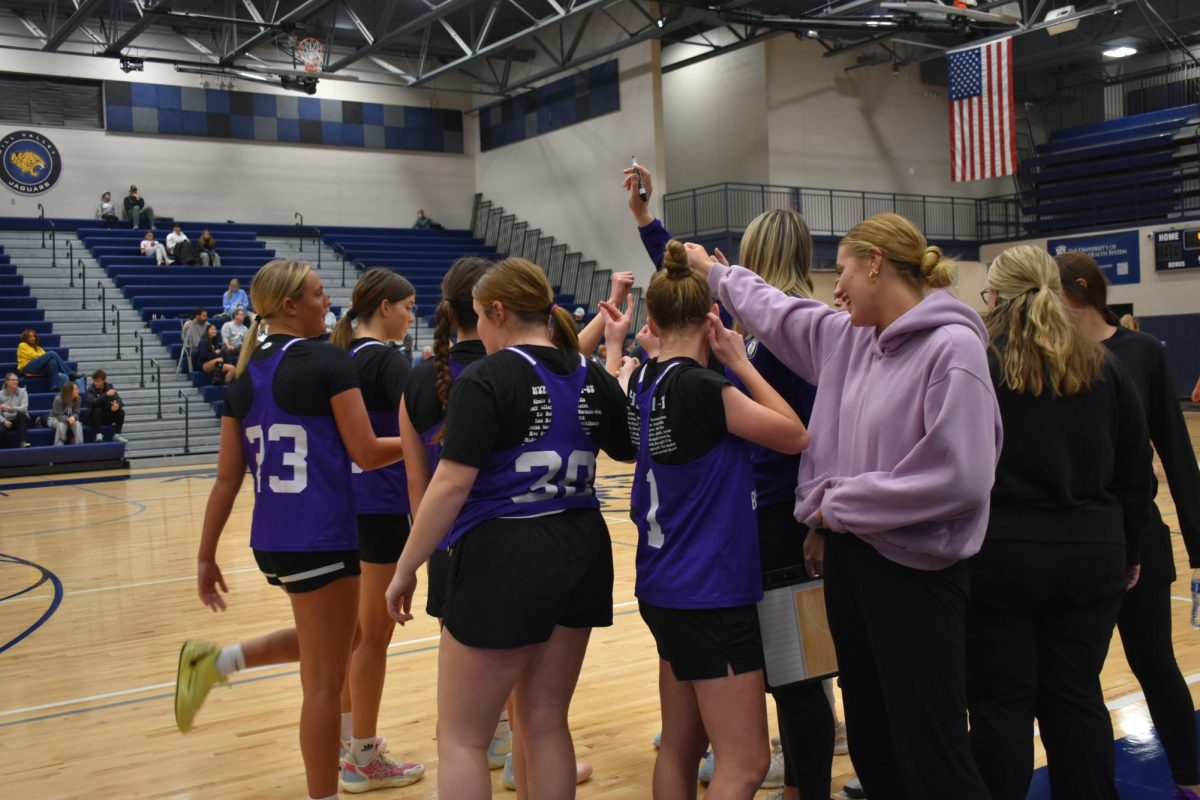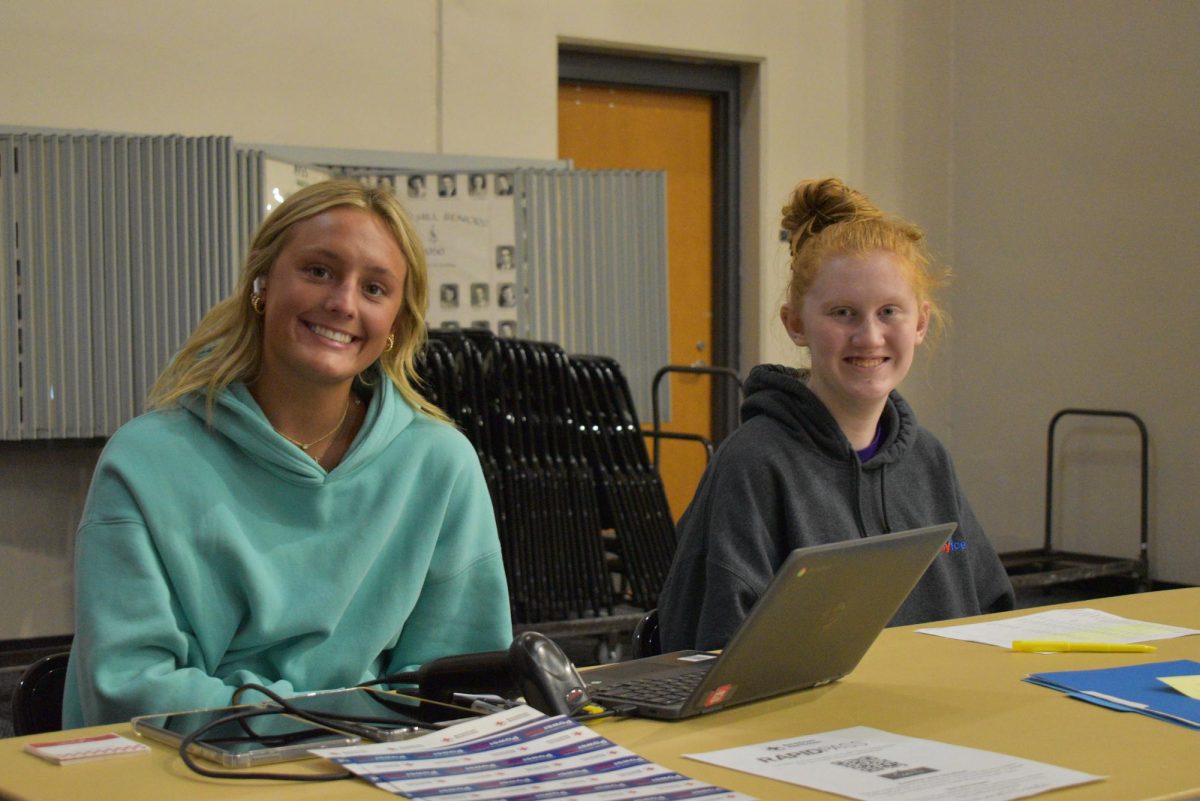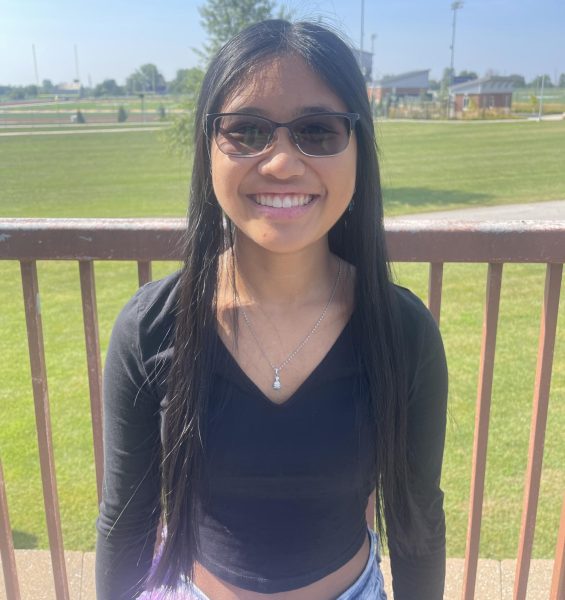High school publications are an important part of a student body’s self-expression; whether that be in print, on a website, or in a yearbook. These teams, like every other publication, have policies and rules they must follow. One of which is a policy that allows parents to opt their kid out of the media. However, depending on how a school enforces this, it can create problems for the reporters on staff.
“I think the biggest thing that doesn’t make sense to me is that we can’t know the list of students. I understand that it is privacy, but as a newspaper team, I think that if there is a student that has opted out, then we should be able to know that,” Patrick Nkongoro, Battle High School editor in chief, 12, said.
Compared to another high school in the Columbia, MO school district, Battle High School’s publication is slightly smaller. Fortunately, this means this problem affects them much less.
“We haven’t had to delete a newspaper story that we’ve created because of having a kid that was in it opt out. So that hasn’t necessarily happened to us, but it has happened to Rockbridge,” Nkongoro said. “I also think that why they [Rockbridge] have been experiencing it more than us is because the publication is bigger than ours. So they have more photos coming in and Rockbridge has their own magazine. Those sorts of things contribute to them having more problems with opt-out stuff.”
This is Nkongoro’s third year on the publication staff and their first year as an editor in chief. With a few years under their belt, the importance of free press may be more significant in their life.
“I think the right to free press means that you and I should have the right to write whatever story that I am passionate about; also, just having my own opinion on different issues that are going around my community or just the world. I get to share that opinion,” Nkongoro said.
A core value within a high school staff is that they are mostly student-led. The advisor, their teacher, steps in when needed or when asked for help. This provides a unique staff dynamic and allows the students to write with the student body in mind.
“I think that [in] a student-led class students are able to just be real. It’s like when a teacher leaves the class for a moment you feel a relief almost and like, ‘I can be myself’,” Nkongoro said. “I think that that’s why it’s so important, and I honestly think that having a teacher lead a class like journalism can honestly be a dread. We would have to follow what she’s saying now and not our own ideas or stories that we want to write.”






